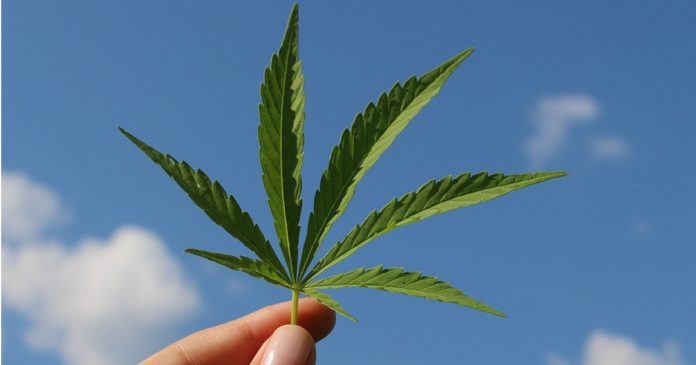Plans to ban cannabidiol (CBD) in foods in the Czech Republic have come to a screeching halt, a move no doubt welcomed by many.
We reported earlier this month that Czechia’s State Agricultural and Food Inspection (SZPI) was preparing to prohibit marketing of foods containing CBD along with other cannabinoids obtained from hemp, citing food safety concerns. In Czechia and across the EU, CBD is currently considered a “Novel Food” by the European Commission, and as such apparently can’t be used in foods in the EU until products have been authorised and included in the related Union list.
CBD sales had been growing in the Czech Republic, a country home to around 10.5 million where cannabidiol has been widely available for some time. According to Euromonitor International, CBD sales reached CZK100 million in 2022 (USD $4.5 million) and were expected to almost double in the next five years.
This continued growth of course wouldn’t occur if SZPI carried out its plan. However, last week Prime Minister of the Czech Republic Petr Fiala, his Deputy Ivan Bartoš, Minister of Agriculture Zdenek Nekula and a couple of other lawmakers met to discuss the proposed ban.
The outcome:
“We have agreed that the upcoming measure regulating the sale of CBD will not come into force now,” said PM Fiala (translated).
Immediately following the meeting, a working group was to create a strategy ensuring foods containing CBD do not fall under this ban now:
“..as this would mean a major complication for users of this substance and for a number of Czech entrepreneurs,” said the Prime Minister. “The group will also work to ensure that the market for CBD products is governed by clear and predictable rules.”
Just prior to the ban reversal, the European Industrial Hemp Association weighed in on the issue. The EIHA said while isolate and enriched extracts should be considered as Novel Foods, full spectrum extracts containing natural level of cannabinoids (i.e. non-enriched extracts) should be declared traditional food.
“By declaring natural extracts as traditional food, the Czech Republic would simply re-establish the situation prior to 2019, when the Novel Food Catalogue entry for Cannabis sativa L. was arbitrarily changed,” stated the EIHA.


